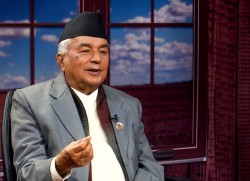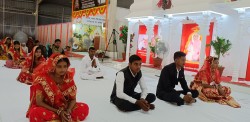Nepal
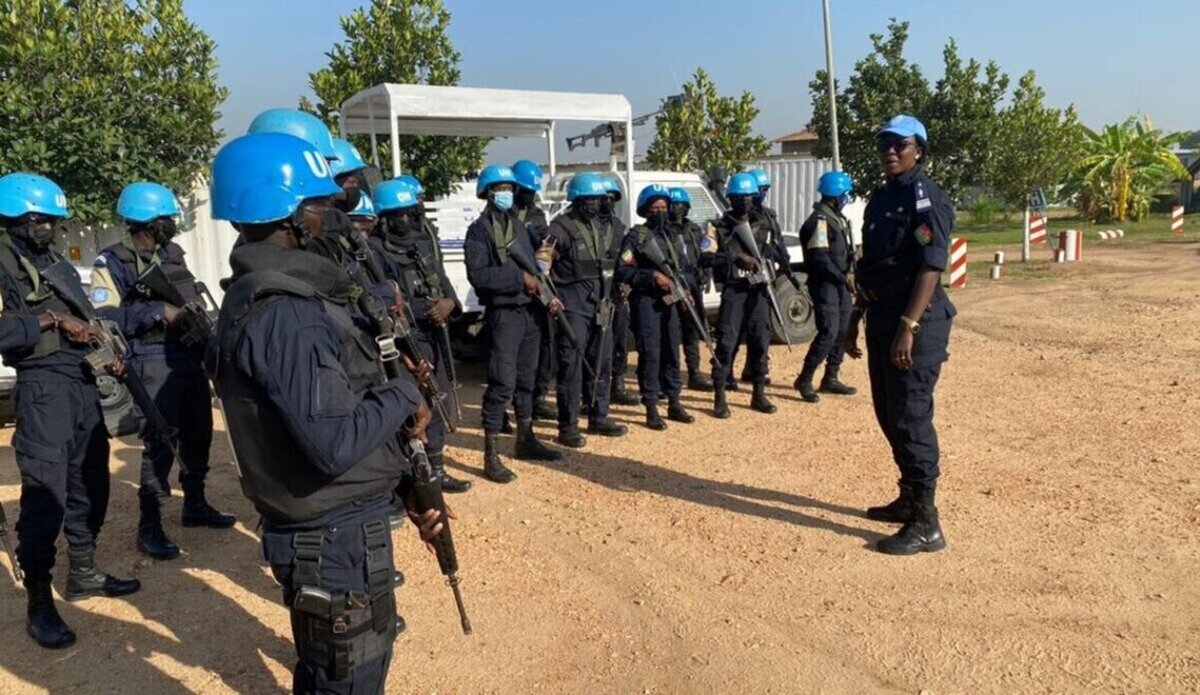
The Nepal Army has said it’s in constant touch with its UN peacekeepers deployed in the Democratic Republic of Congo, where two local people died and several were injured after UN peacekeepers reportedly opened fire in a rare incident this week.
That led to the arrest of several peacekeepers.
Over 16,000 UN peacekeepers from nearly a dozen countries, including Nepal, India, Bangladesh, are deployed in the DR Congo as part of the United Nations Organization Stabilisation Mission or the MONUSCO mission, which is mandated to help restore peace and order in the conflict-torn nation.
Nepal Army spokesperson Brigadier General Narayan Silwal told NepalMinute that the Army has been saddened at the outbreak of violence in the DR Congo, where over 1,000 Nepali UN peacekeepers are currently serving. Most of them are deployed in peacekeeping duties in the cities of Beni and Bunia.
Nepali personnel were not involved in the violent clash between UN peacekeepers and local protesters near Kisindi at the Congo-Uganda border, Silwal said. “Nepali peacekeepers are not deployed in that area. We are constantly in touch with Nepali peacekeepers, and we are monitoring the situation and giving them necessary instructions to remain safe.”
Who opened fire?
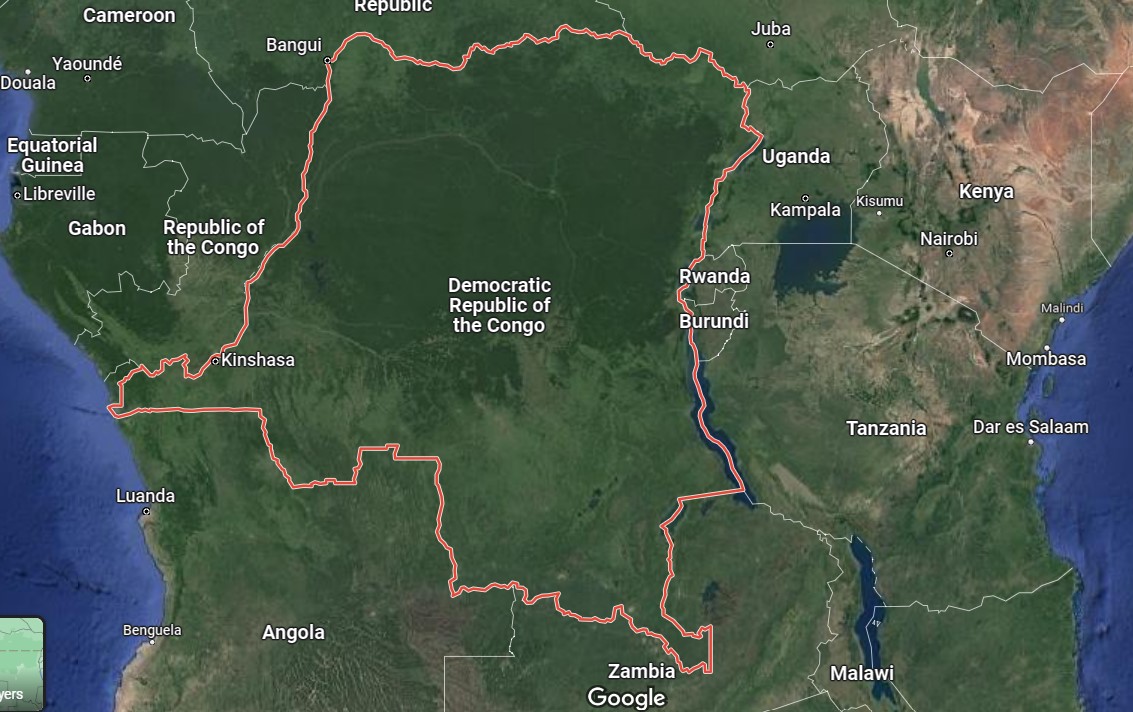
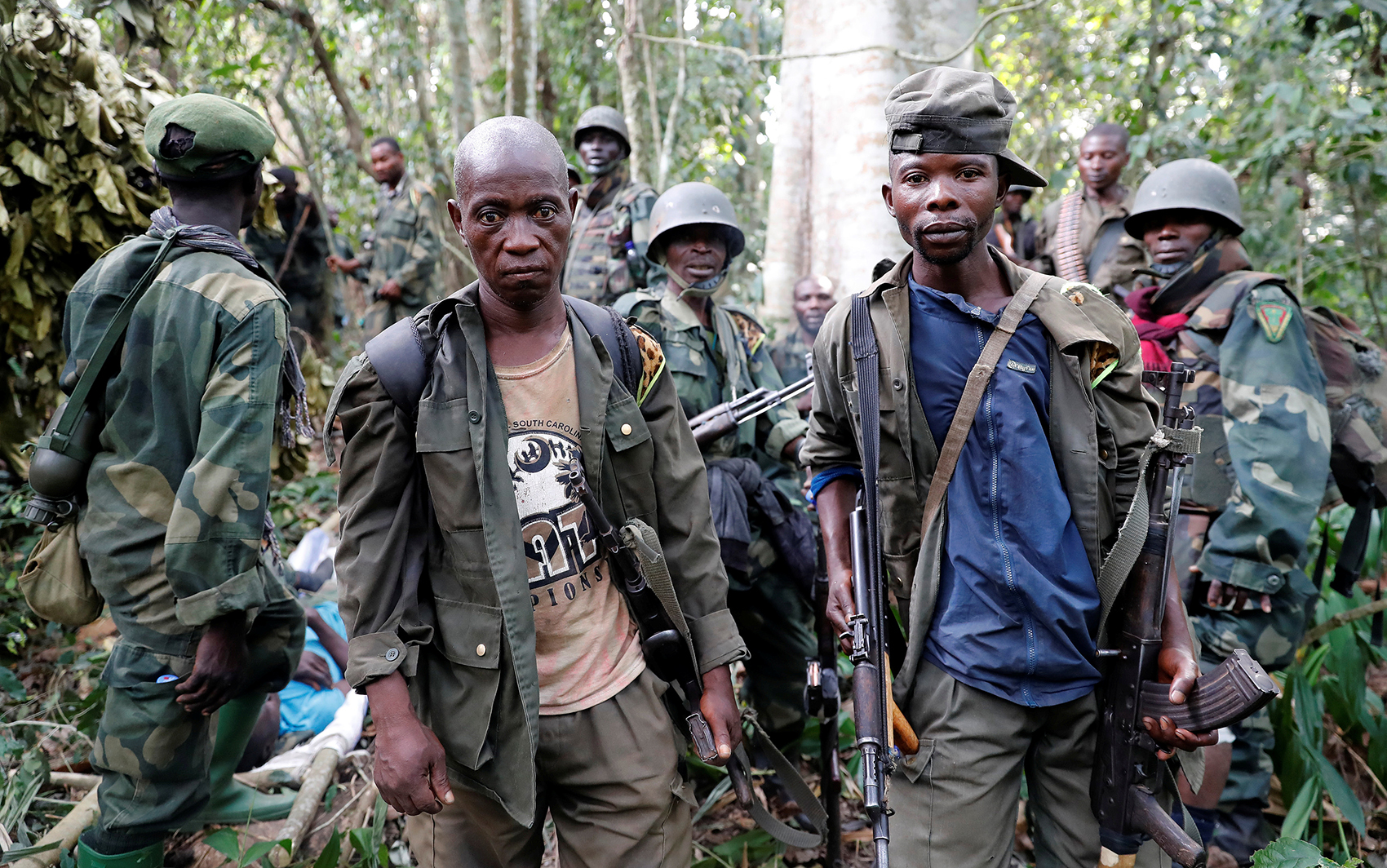
The UN mission in Congo has not specified the nationality of the peacekeepers involved in opening fire on the border post, but it said that the UN had contacted the soldiers’ countries of origin so that legal proceedings can be initiated against the perpetrators, Voice of America reported.
Quoting DRC authorities, it said: “Among those injured during the incident were two policemen who were working at the barrier and eight civilians."
The Nepal Army has been sending UN peacekeepers to the DR Congo since 1999. There, the UN mission is “mandated to protect civilians, humanitarian personnel and human rights defenders under imminent threat of physical violence” – besides aiding the government in its stabilisation and peace-building efforts.
The DR Congo has been plagued by violence since 1994 when the refugee crisis, triggered by the genocide in neighbouring Rwanda, started spilling over across the region. Things turned even worst and war broke out after the Hutu genocide leaders fled to the DR Congo and formed armed groups.
More than two decades on, the crisis is far from over.
